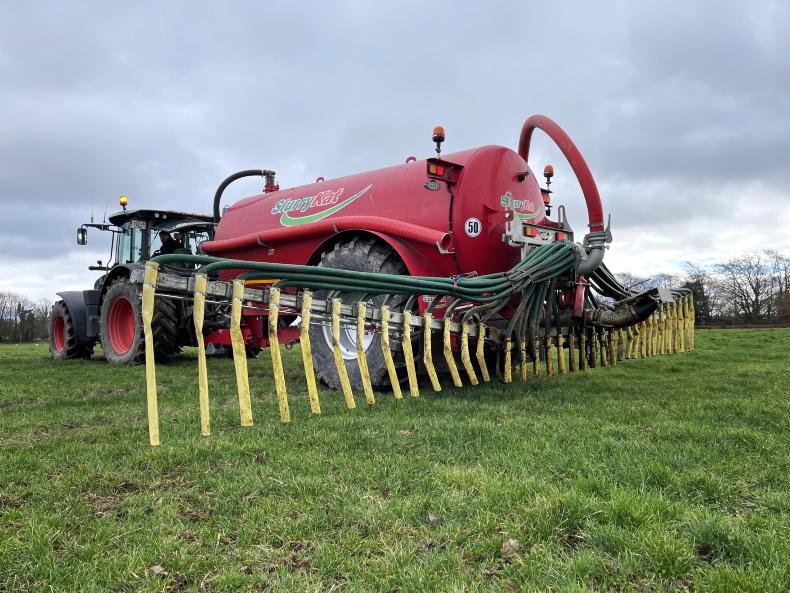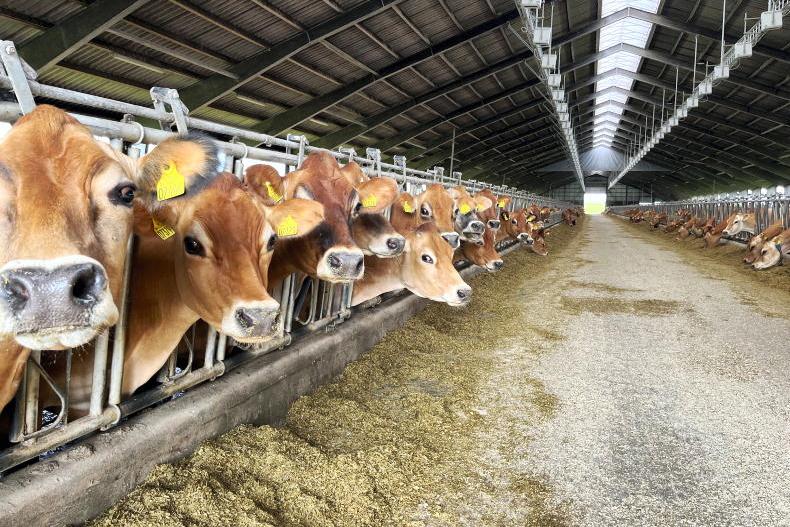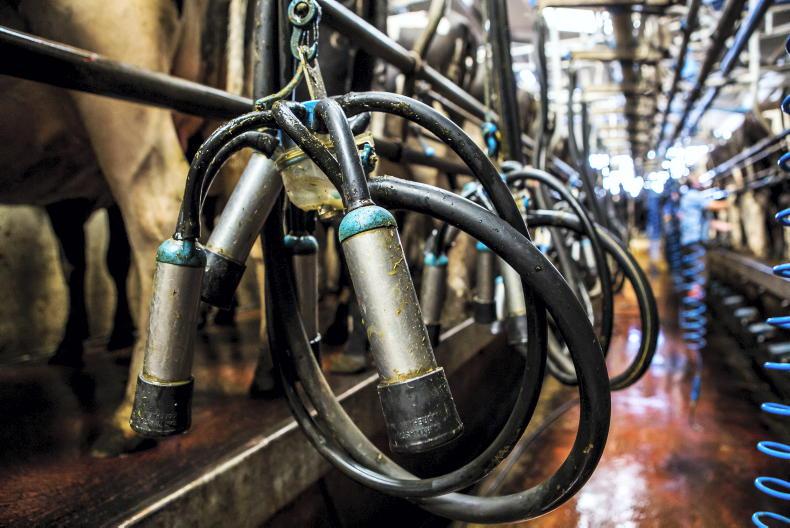The impact of the nitrates derogation and its use by dairy farms came under the spotlight during an Oireachtas Climate Committee meeting on Tuesday 15 June.
Senator Alice Mary Higgins raised an idea that was echoed by others, stating that the derogation, which allowed higher animal stocking rates, could be removed to help reduce emissions from cattle within the agriculture sector.
However, this was countered by Sadhbh O'Neill from Stop Climate Chaos who pointed out that derogation farms actually had to observe stricter rules in regard to water quality.
“Derogation farms are actually, in some sense, more closely supervised than non-derogation farms,” she explained.
“So there is a benefit to the system at the moment if it delivers improvement in water quality.”
Climate Bill and emissions
The Committee was hearing from Sadhbh O'Neill from Stop Climate Chaos and Professor Alan Matthews from Trinity College Dublin as expert witnesses on reducing Ireland’s carbon emissions by 51% by 2030 as part of the incoming Climate Bill.
In the context of derogation farms, Matthews said it was important to remember that the derogation was “commercially valuable” for dairy farmers, but in the context of climate change the farms should be asked to do more on reducing emissions and improving water quality.
At the moment we pay farmers to produce food and not surprisingly that’s what they concentrate on doing and they do it very well
He was also keen to see incentives introduced in the next Common Agricultural Policy (CAP) to support farmers to meet emission targets.
“At the moment we pay farmers to produce food and not surprisingly that’s what they concentrate on doing and they do it very well,” he explained.
“But there is no value given to the other, if you like outputs and the negative outputs such as water pollution or climate pollution emissions of greenhouse gases.”
The use of forestry and grassland to sequester carbon on farms was also discussed, but O’Neill warned that it was a complicated science and that the potential buying and selling of carbon credits between farms was not a “quick fix for Ireland’s agricultural challenges”.
National herd
Both of the witnesses agreed that a reduction of the national herd is needed to meet the 51% target in emission reductions and a scheme or transition period will be required.
O’Neill cited a University College Cork study which stated that if the agriculture sector only reduced emissions by 10% by 2030 then this would mean that the transport and energy sectors would have to reduce emissions by more than 70% to achieve the overall target, something which she called “highly unfair and impractical”.
The need to encourage and support farmers in the tillage and horticulture sectors was discussed, as was the value of small farms in the west of Ireland which implemented high nature value farming, but were under threat economically.









SHARING OPTIONS